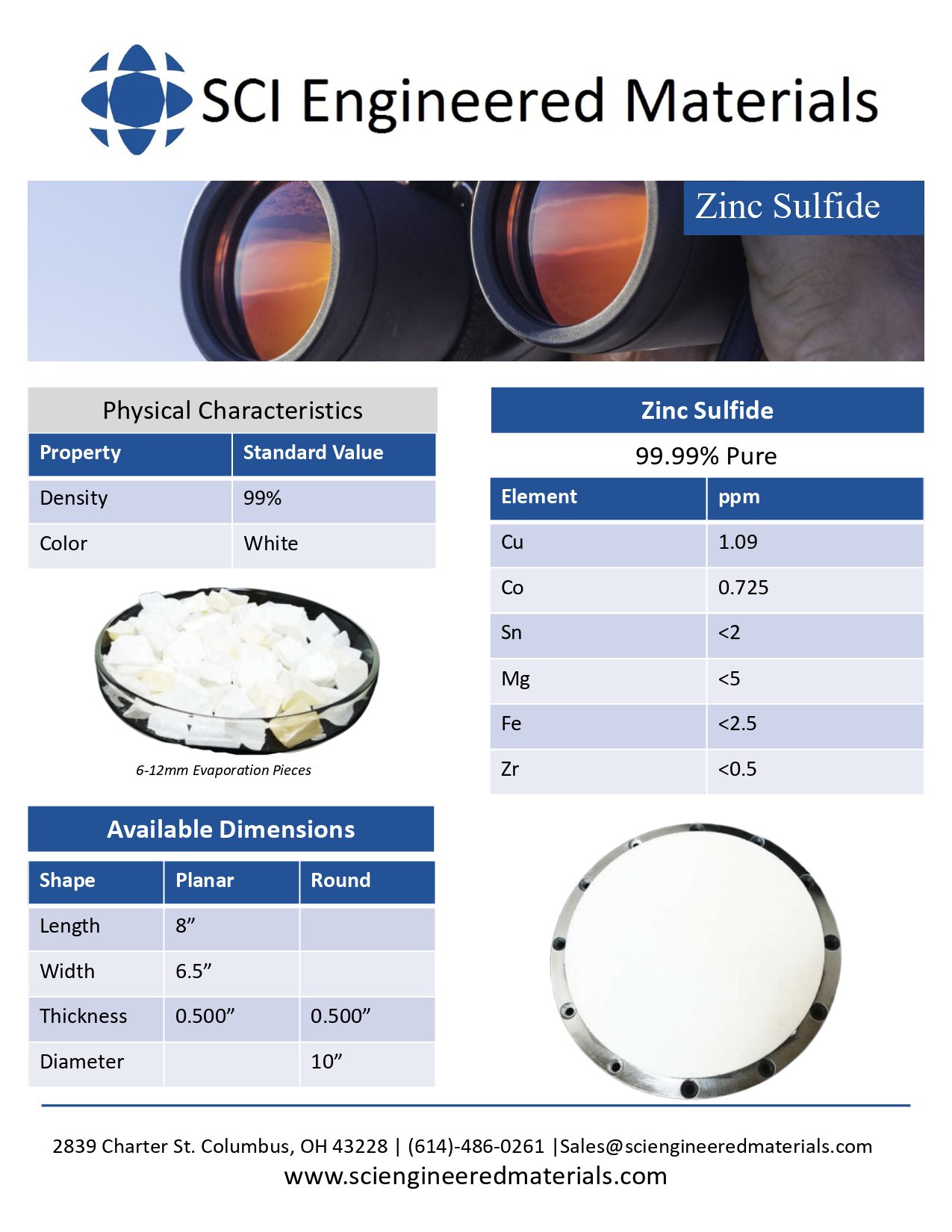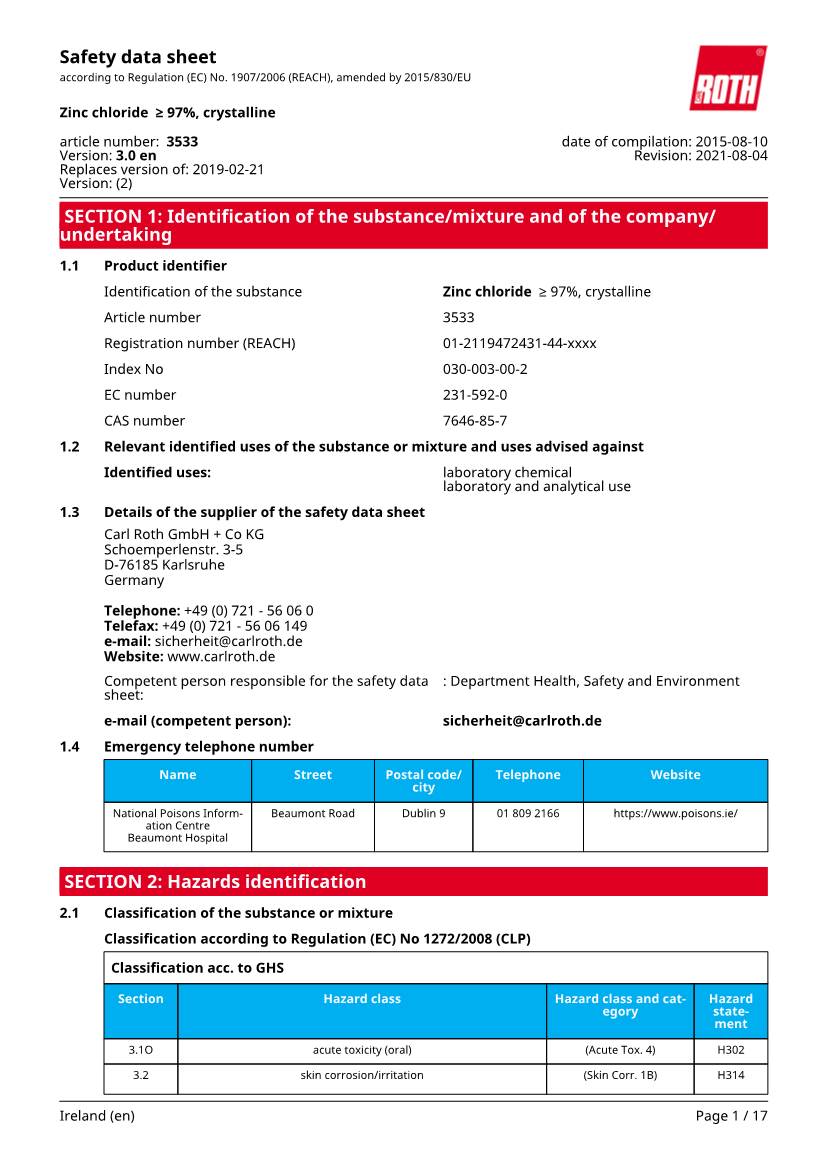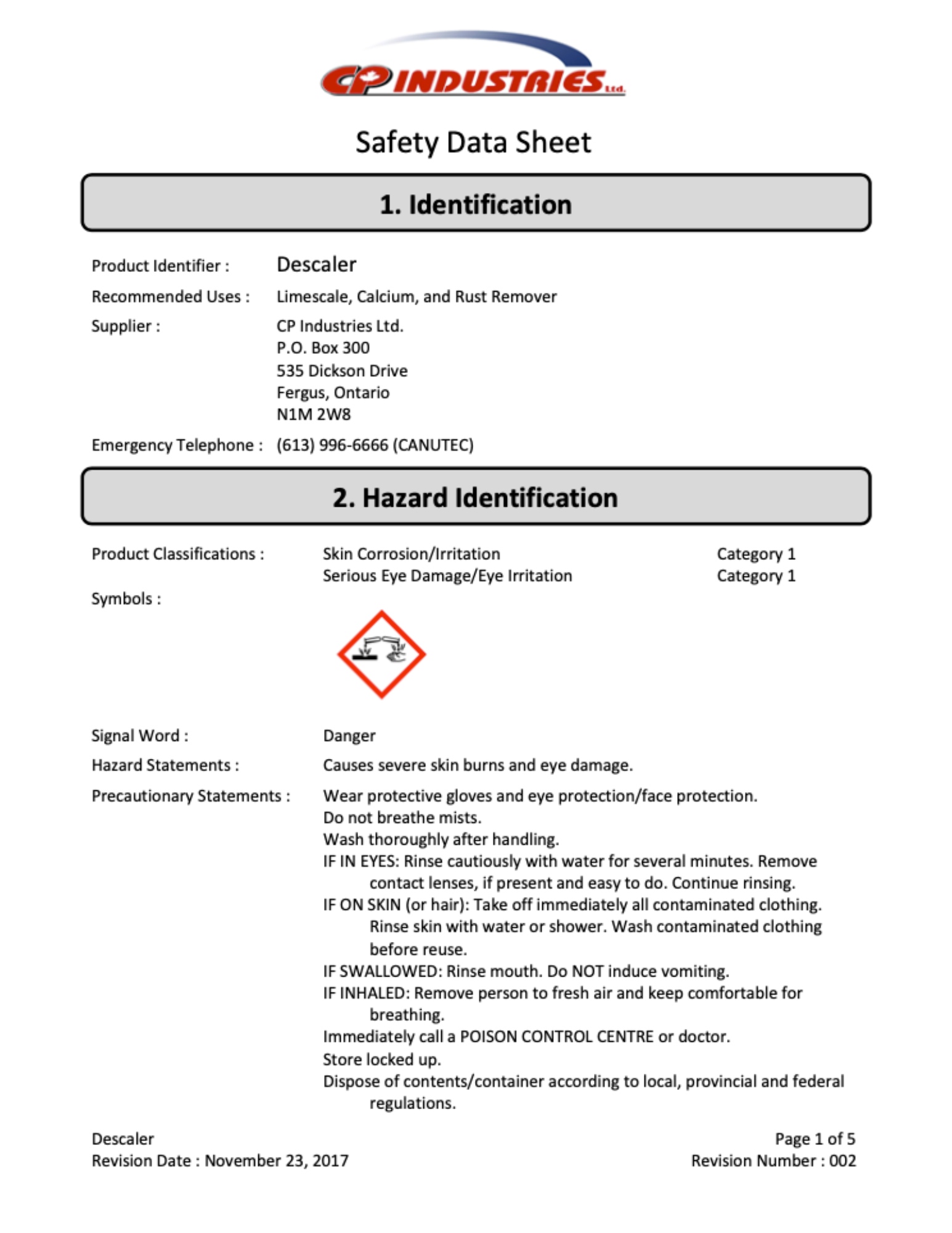Zinc Powder Safety Data Sheet - Zinc powder and carbon disulfide react with incandescence. Identification product name zinc, granular, 20. Identification 1.1 product identifiers product. Avoid any source of flame for zinc dust only!. Avoid strong acids, strong bases, cadmium, sulfur chlorinated solvents, amines, and carbon disulfide. Reacts with halogens in the presence of water vapour. Zinc dust ignites in contact with liquid seleninyl bromide. Zinc reduces acidic antimony solutions releasing highly toxic stibine gas. Safety data sheet version 6.14 revision date 04/28/2025 print date 04/29/2025 section 1.
Zinc powder and carbon disulfide react with incandescence. Identification 1.1 product identifiers product. Zinc reduces acidic antimony solutions releasing highly toxic stibine gas. Reacts with halogens in the presence of water vapour. Avoid any source of flame for zinc dust only!. Identification product name zinc, granular, 20. Avoid strong acids, strong bases, cadmium, sulfur chlorinated solvents, amines, and carbon disulfide. Safety data sheet version 6.14 revision date 04/28/2025 print date 04/29/2025 section 1. Zinc dust ignites in contact with liquid seleninyl bromide.
Zinc powder and carbon disulfide react with incandescence. Zinc dust ignites in contact with liquid seleninyl bromide. Identification product name zinc, granular, 20. Reacts with halogens in the presence of water vapour. Avoid any source of flame for zinc dust only!. Zinc reduces acidic antimony solutions releasing highly toxic stibine gas. Avoid strong acids, strong bases, cadmium, sulfur chlorinated solvents, amines, and carbon disulfide. Identification 1.1 product identifiers product. Safety data sheet version 6.14 revision date 04/28/2025 print date 04/29/2025 section 1.
MSDS Zinc Standard Solution MATERIAL SAFETY DATA SHEET — 16 Sections
Identification 1.1 product identifiers product. Zinc reduces acidic antimony solutions releasing highly toxic stibine gas. Avoid strong acids, strong bases, cadmium, sulfur chlorinated solvents, amines, and carbon disulfide. Identification product name zinc, granular, 20. Reacts with halogens in the presence of water vapour.
Zinc Sulfide Data Sheet SCI Engineered Materials
Avoid strong acids, strong bases, cadmium, sulfur chlorinated solvents, amines, and carbon disulfide. Zinc reduces acidic antimony solutions releasing highly toxic stibine gas. Identification product name zinc, granular, 20. Avoid any source of flame for zinc dust only!. Reacts with halogens in the presence of water vapour.
SDS AH Powder Laundry Detergent Safety Data Sheet According To
Avoid any source of flame for zinc dust only!. Zinc reduces acidic antimony solutions releasing highly toxic stibine gas. Zinc powder and carbon disulfide react with incandescence. Reacts with halogens in the presence of water vapour. Identification product name zinc, granular, 20.
Material Safety Data Sheet 1. Identification of The Product PDF
Safety data sheet version 6.14 revision date 04/28/2025 print date 04/29/2025 section 1. Zinc reduces acidic antimony solutions releasing highly toxic stibine gas. Zinc powder and carbon disulfide react with incandescence. Avoid strong acids, strong bases, cadmium, sulfur chlorinated solvents, amines, and carbon disulfide. Avoid any source of flame for zinc dust only!.
Safety Data Sheet Zinc Chloride DocsLib
Zinc reduces acidic antimony solutions releasing highly toxic stibine gas. Identification product name zinc, granular, 20. Avoid strong acids, strong bases, cadmium, sulfur chlorinated solvents, amines, and carbon disulfide. Avoid any source of flame for zinc dust only!. Reacts with halogens in the presence of water vapour.
(PDF) MATERIAL SAFETY DATA SHEET Powdered … detergents MATERIAL SAFETY
Reacts with halogens in the presence of water vapour. Zinc reduces acidic antimony solutions releasing highly toxic stibine gas. Identification 1.1 product identifiers product. Identification product name zinc, granular, 20. Zinc dust ignites in contact with liquid seleninyl bromide.
(PDF) SAFETY DATA SHEET SCOURING POWDER … · SDS550 SCOURING POWDER
Zinc dust ignites in contact with liquid seleninyl bromide. Zinc powder and carbon disulfide react with incandescence. Avoid strong acids, strong bases, cadmium, sulfur chlorinated solvents, amines, and carbon disulfide. Reacts with halogens in the presence of water vapour. Zinc reduces acidic antimony solutions releasing highly toxic stibine gas.
Safety Data Sheets ReThink BioClean
Safety data sheet version 6.14 revision date 04/28/2025 print date 04/29/2025 section 1. Avoid strong acids, strong bases, cadmium, sulfur chlorinated solvents, amines, and carbon disulfide. Zinc dust ignites in contact with liquid seleninyl bromide. Identification product name zinc, granular, 20. Zinc powder and carbon disulfide react with incandescence.
Fillable Online Metallic Pigment Powder SAFETY DATA SHEET Fax Email
Identification product name zinc, granular, 20. Safety data sheet version 6.14 revision date 04/28/2025 print date 04/29/2025 section 1. Reacts with halogens in the presence of water vapour. Zinc dust ignites in contact with liquid seleninyl bromide. Zinc reduces acidic antimony solutions releasing highly toxic stibine gas.
Zinc Metal MSDS Safety Data Sheet
Identification 1.1 product identifiers product. Reacts with halogens in the presence of water vapour. Avoid strong acids, strong bases, cadmium, sulfur chlorinated solvents, amines, and carbon disulfide. Zinc dust ignites in contact with liquid seleninyl bromide. Zinc powder and carbon disulfide react with incandescence.
Identification Product Name Zinc, Granular, 20.
Reacts with halogens in the presence of water vapour. Avoid strong acids, strong bases, cadmium, sulfur chlorinated solvents, amines, and carbon disulfide. Identification 1.1 product identifiers product. Zinc dust ignites in contact with liquid seleninyl bromide.
Safety Data Sheet Version 6.14 Revision Date 04/28/2025 Print Date 04/29/2025 Section 1.
Zinc reduces acidic antimony solutions releasing highly toxic stibine gas. Avoid any source of flame for zinc dust only!. Zinc powder and carbon disulfide react with incandescence.









